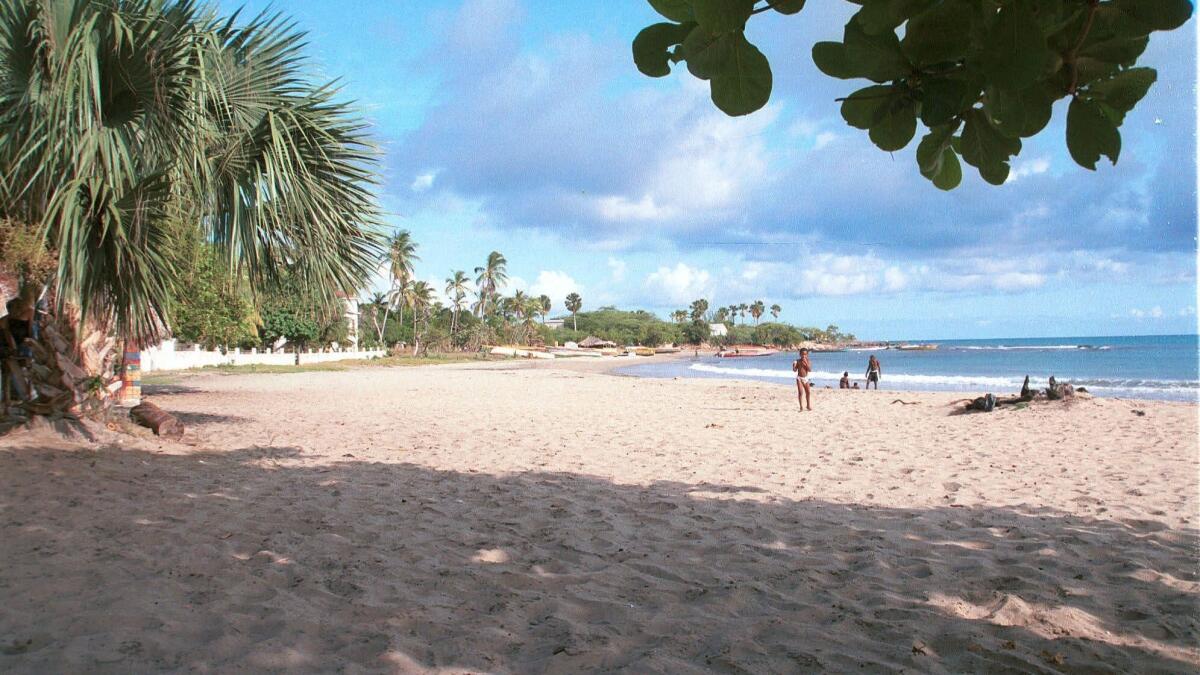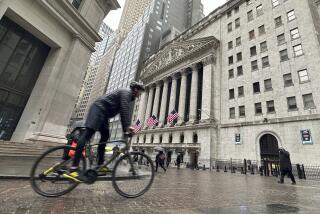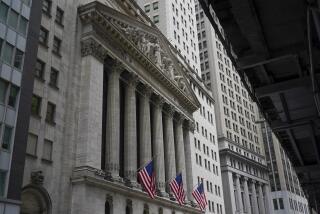International investors dance to the tune of Jamaica’s reggae-loving central bankers

The best-performing stock market in 2018 was an unlikely contender — and better known for its beaches than its economy.
The Jamaican Stock Exchange sits on the waterfront in Kingston and has surged more than 300% over the last five years. Last year, the main index tracking the country’s stock exchange rose 29%.
Economic numbers are not the only things coming out of Jamaica that have garnered global attention. The Central Bank of Jamaica has become something of a viral sensation online by using the reggae music that the island is famous for to communicate monetary policy.
Consider a band’s take on the importance of keeping prices under control and predictable: “Low and stable inflation is to the economy what the bass line is to reggae music!” the singer belts out.
Nigel Clarke, Jamaica’s finance minister, said no one anticipated the videos to receive as much attention as they did, but he was pleased with the effectiveness.
“It’s very important to communicate to the Jamaican people in the best way possible,” he said. “When you’re in Jamaica, whether you’re communicating about a glass of juice or beer or you’re communicating complex monetary policy, music helps the communication effort.”
On the Bloomberg podcast “What’d You Miss This Week,” Scarlet Fu, Joe Wiesenthal, Caroline Hyde and Romaine Bostick spoke with Clarke about this streak of success. He credited a series of fiscal and monetary reforms the country has taken.
“Jamaica is emerging from a period of high debt and low growth over a long period of time,” he said. “Now we’re seeing growth at a level of 2%, and we’ve had 16 consecutive quarters of economic growth, the longest such stretch of quarterly growth since we started measuring.”
That success for Jamaica has not stopped in 2019. In January, Fitch upgraded the island’s debt to a B+ rating with a stable fiscal outlook.
Ruchir Sharma, the chief global strategist and head of emerging markets at Morgan Stanley Investment Management, said he thinks emerging markets are set for a reversal after “a lost decade” in which they returned almost nothing — which wasn’t the case with an economy governed by Jamaica’s cautious central bankers.
Sharma, who manages 14 funds with $3.9 billion in total assets, said the real theme for the sector should be de-globalization, from which China stands to be one of the “biggest losers.”
“This era of de-globalization is here to last for many years,” he said.
The Center for a New American Security has graded China’s 5-year-old Belt and Road Initiative, which seeks to strategically tie emerging markets to China through heavy investments in host countries.
Daniel Kliman, senior fellow for the national security think tank’s Asia-Pacific security program, said the report developed a list of seven risks for countries to check when evaluating infrastructure projects financed by Beijing.
“The Belt and Road is ultimately a geopolitical vehicle for China to pursue its ambitions,” he said. “Knowing that, I would ask things like is this deal that I might enter into, is it going to uphold my sovereignty or undermine it?”
The study focused on 10 different projects. “Not one of them was problem-free,” Kliman said.






